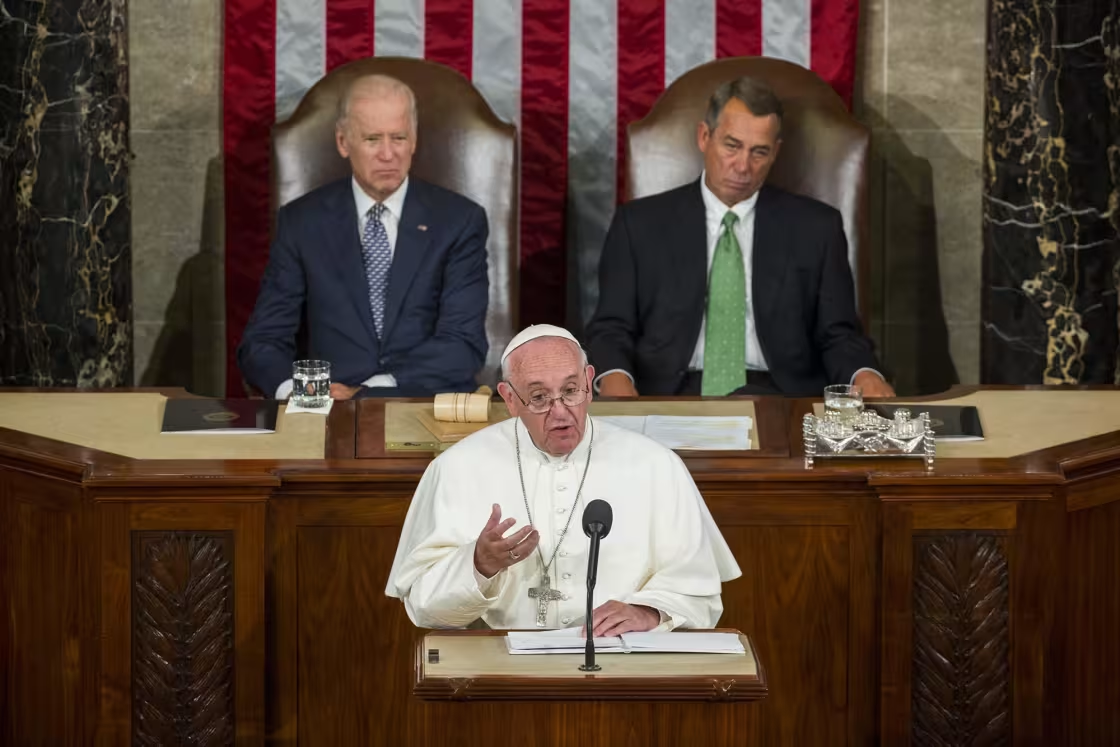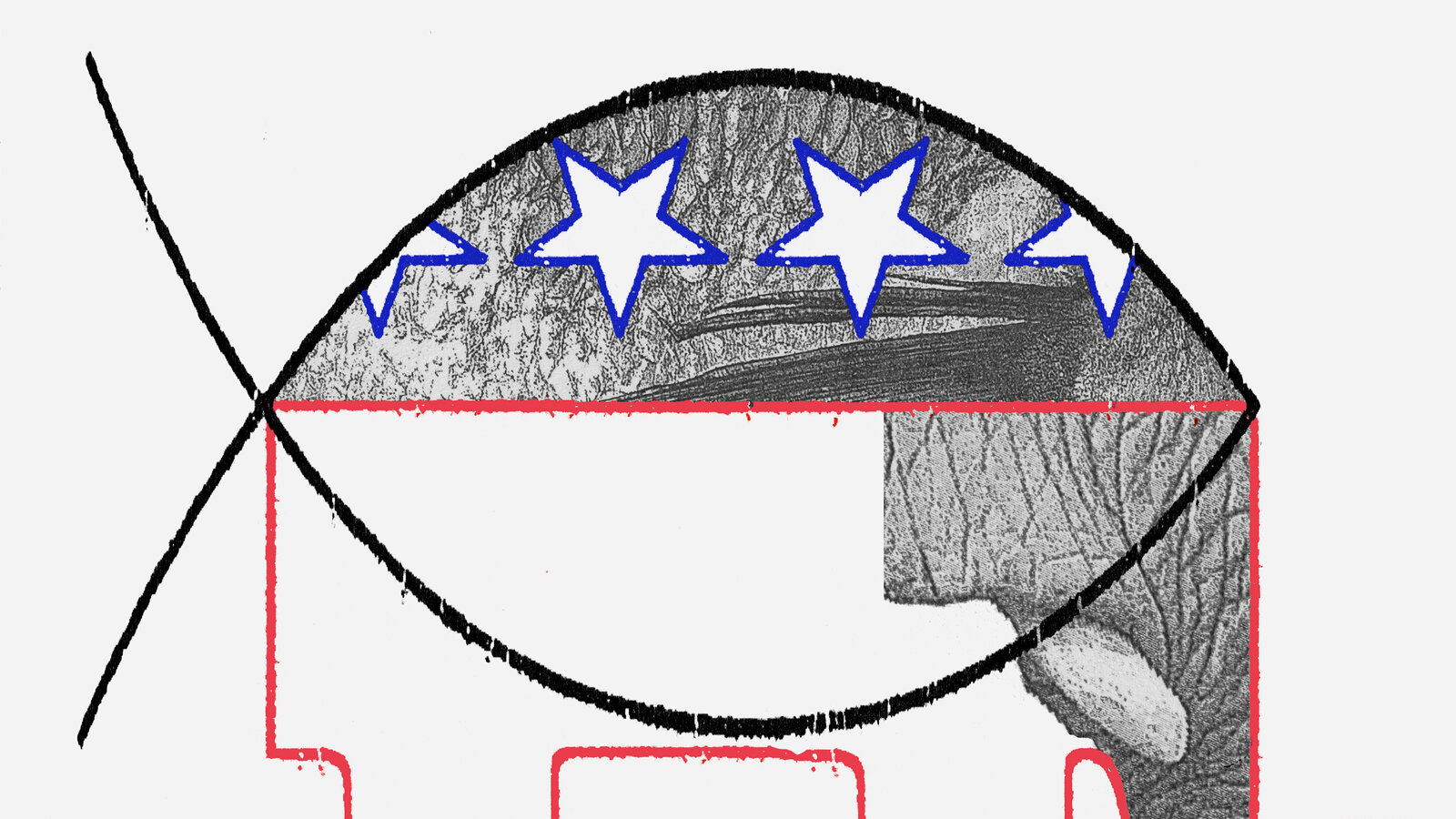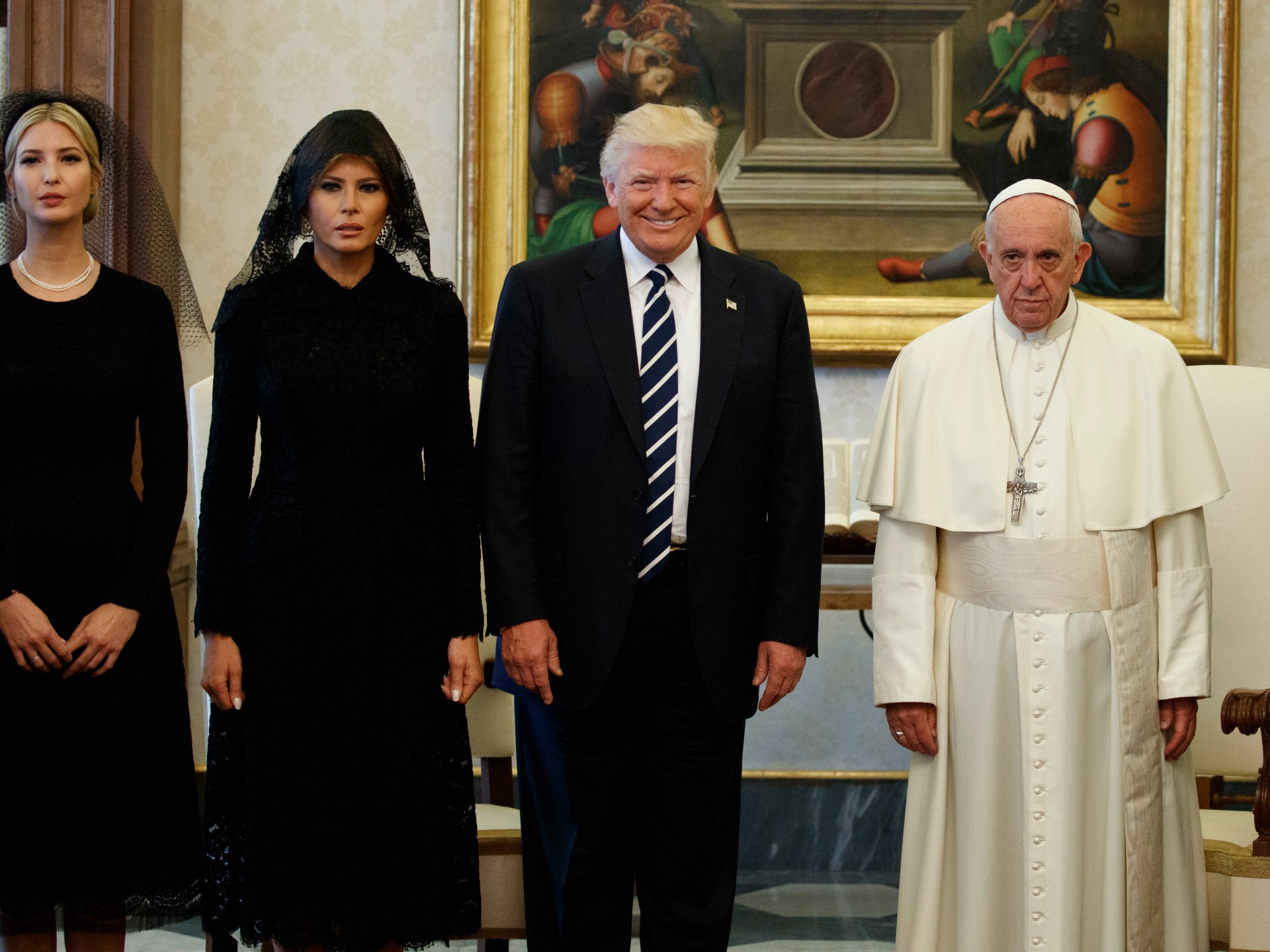"Divine Mandate or Brutal Justice?": Taliban Court Defends Public Executions as Religious Duty
Religion
2025-04-12 16:11:22Content

In a defiant response to international criticism, Afghanistan's Supreme Court has firmly rejected the United Nations' condemnation of the Taliban's recent use of capital punishment. This comes just a day after the controversial public execution of four individuals convicted of murder, which drew sharp criticism from human rights organizations worldwide.
The Taliban-led judicial system stands resolute in its stance, dismissing the UN's concerns and defending its approach to criminal justice. The public executions, carried out in a stark display of the regime's judicial power, have reignited global debates about human rights and judicial practices in Afghanistan.
The Supreme Court's rejection underscores the Taliban's continued commitment to its strict interpretation of legal punishment, despite mounting international pressure and widespread condemnation. This latest incident highlights the ongoing tension between the Taliban's governance and international human rights standards.
Taliban's Judicial Defiance: Unraveling the Controversy of Capital Punishment in Afghanistan
In the complex landscape of international diplomacy and human rights, Afghanistan finds itself at the center of a profound legal and ethical storm. The Taliban's recent judicial actions have sparked intense global scrutiny, challenging established norms of justice and human rights while asserting their sovereign interpretation of legal punishment.Confronting Global Condemnation: A Defiant Stance on Judicial Sovereignty
The Judicial Landscape of Modern Afghanistan
The Supreme Court's recent rejection of United Nations criticism represents a pivotal moment in Afghanistan's post-conflict judicial system. This decision underscores the Taliban's unwavering commitment to their interpretation of legal frameworks, deliberately positioning themselves against international human rights standards. The court's stance reflects a deep-rooted philosophical approach to justice that fundamentally diverges from Western judicial principles. Judicial experts argue that this rejection is more than a mere procedural response; it symbolizes a broader ideological resistance to external intervention. The Taliban's judicial system operates on principles deeply embedded in their interpretation of Islamic law, which often conflicts with international human rights conventions.Public Executions: A Controversial Judicial Practice
The public execution of four convicted murderers represents a stark manifestation of the Taliban's judicial philosophy. Such practices, while condemned by international organizations, are defended by the regime as a form of transparent justice and societal deterrence. The spectacle of public punishment serves multiple purposes: it demonstrates the regime's power, reinforces social control, and sends a potent message about their judicial approach. Anthropological perspectives suggest that public executions have historically been more than punitive measures—they are complex social rituals that communicate power dynamics and reinforce collective moral boundaries. In the Taliban's context, these executions represent a deliberate performance of judicial authority.International Diplomatic Tensions
The Supreme Court's defiant response to UN condemnation highlights the intricate diplomatic challenges facing Afghanistan. By categorically rejecting international criticism, the Taliban signal their intention to maintain judicial autonomy, regardless of global pressure. This stance creates significant diplomatic friction, potentially isolating Afghanistan from international support and humanitarian assistance. Diplomatic analysts observe that such confrontational approaches could have long-term consequences for Afghanistan's global relationships, potentially limiting economic cooperation and humanitarian interventions. The international community finds itself navigating a delicate balance between respecting sovereign judicial systems and upholding universal human rights standards.Legal Philosophy and Cultural Context
Understanding the Taliban's judicial approach requires a nuanced examination of their cultural and religious frameworks. Their legal system is not merely a set of rules but a comprehensive worldview that integrates religious interpretation, cultural traditions, and political ideology. The rejection of UN criticism must be viewed through this complex lens, recognizing the deep-seated beliefs that inform their judicial decisions. Scholars of Islamic jurisprudence emphasize that the Taliban's interpretation represents one of many possible readings of Islamic legal traditions. Their approach, while controversial, reflects a specific historical and cultural context that cannot be simplistically dismissed or universally condemned.Human Rights and Judicial Reform
The ongoing tension between the Taliban's judicial system and international human rights standards raises critical questions about potential pathways for dialogue and reform. While immediate transformation seems unlikely, diplomatic engagement and sustained dialogue could potentially create incremental changes in judicial practices. International human rights organizations continue to document and challenge these practices, maintaining pressure through documentation, advocacy, and diplomatic channels. The goal remains not just condemnation but constructive engagement that might gradually influence judicial approaches.RELATED NEWS
Religion

Young Voices, Big Impact: Teens Revolutionize Local Journalism with Groundbreaking Community Award
2025-04-09 14:23:01
Religion

Breaking Barriers: Pope Francis Challenges Congress on Immigration and Faith
2025-04-23 17:37:38






